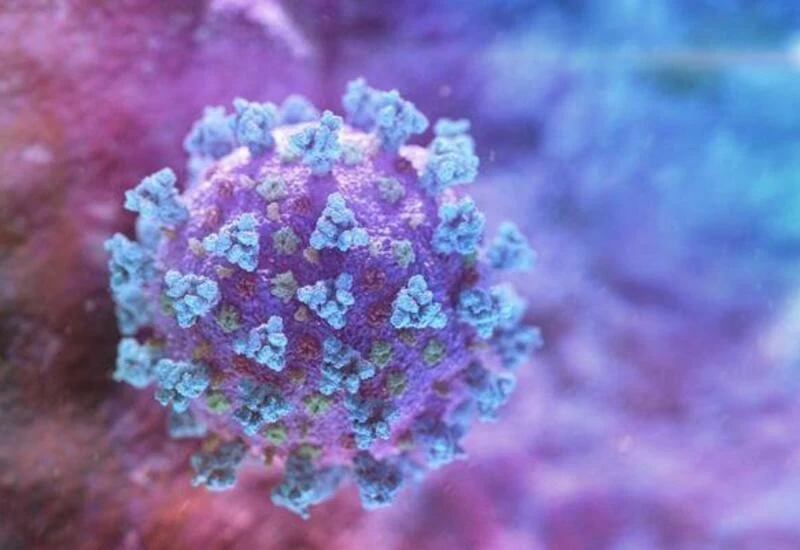Mumbai: Mumbai has started reporting symptoms similar to Kawasaki disease among young patients with coronavirus. Reports regarding this had first appeared in the West, but it is the first time these symptoms are being reported in India.
One such patient, a 14-year-old, was first brought to a private hospital in Mumbai this week with rashes and high fever, two classic Kawasaki symptoms. She subsequently tested positive for Covid-19, and was transferred to ICU on Friday night after her condition worsened. Doctors, who have put her on a high dose of steroids, immunosuppressant drug tocilizumab and immunoglobulins, believe she got coronavirus from her father, who had tested positive last week.
The US, UK, Spain, Italy and China have been reporting cases of children with Covid-19 showing Kawasaki-like symptoms since April.
A study in The Journal of American Medical Association that studied 58 children with Covid-19 and Kawasaki-like symptoms, termed the rare combination ‘Paediatric Inflammatory Multisystem Syndrome Temporally Associated With SARS-CoV-2’. The World Health Organisation has labelled it Multisystem Inflammatory Syndrome.
Kawasaki disease, whose cause remains unknown, mainly affects children aged below five years. It results in high-grade fever and inflammation in blood vessels, and can sometimes cause permanent damage to coronary arteries.
Of Maharashtra’s 14,474 under-20 Covid-19 cases, 5,103 are under 10 years, and 9,371 between the ages of 11 and 20.
The 14-year-old’s father is a staffer at Kokilaben Hospital.
Last week an ELISA test showed he had developed antibodies against Covid-19, indicating he had the virus and his body had fought it off. The 14-year-old was brought to hospital on Wednesday.
“These children can deteriorate fast. She came to us early so we were able to stabilise her for two days, but her condition deteriorated again,” said Dr Tanu Singhal, a paediatric infectious diseases expert at the hospital, adding that the teenager had high white blood cell count (indicating an infection) and low blood pressure.
Dr Singhal added that while Kawasaki disease generally affects those aged less than five, children between 10-14 years with Covid were showing its symptoms.
“It is not Kawasaki disease, but similar to it,” Singhal underlined, with Kawasaki patients generally also exhibiting red tongue and eyes. “Children mostly develop the Kawasaki-like symptoms two-three weeks after a Covid-19 infection.”
Dr Singhal said she had seen two similar cases in Mumbai, one at the SRCC Hospital and another at a private hospital in Jogeshwari. Both had inflammation, fever and rashes and both were negative for Covid-19. “It is possible they tested negative because their Covid viral load had reduced,” she said.
CEO of Bai Jerbai Wadia Hospital Dr Minnie Bodhanwala also said they had started recording cases of Covid-19 along with symptoms of Kawasaki.
Dr Biswa R Panda, a paediatric cardiac surgeon at the hospital, said they had seen four cases of children showing symptoms similar to Kawasaki but testing Covid-19 negative. “It is possible they had developed antibodies by then. We are still in the initial stages and need more data to draw conclusions,” Panda said.
Dr Mukesh Sharma, head of the paediatric department at KEM Hospital, said they had seen symptoms of Kawasaki surface more than three weeks after Covid-19 infection. “Kawasaki disease is an immunological reaction to a virus. We cannot be sure if coronavirus is directly responsible for it. In children it is possible that the signs emerge as a response of the immunity system.”
KEM Hospital is yet to note such cases, said Dean Dr Hemant Deshmukh.


